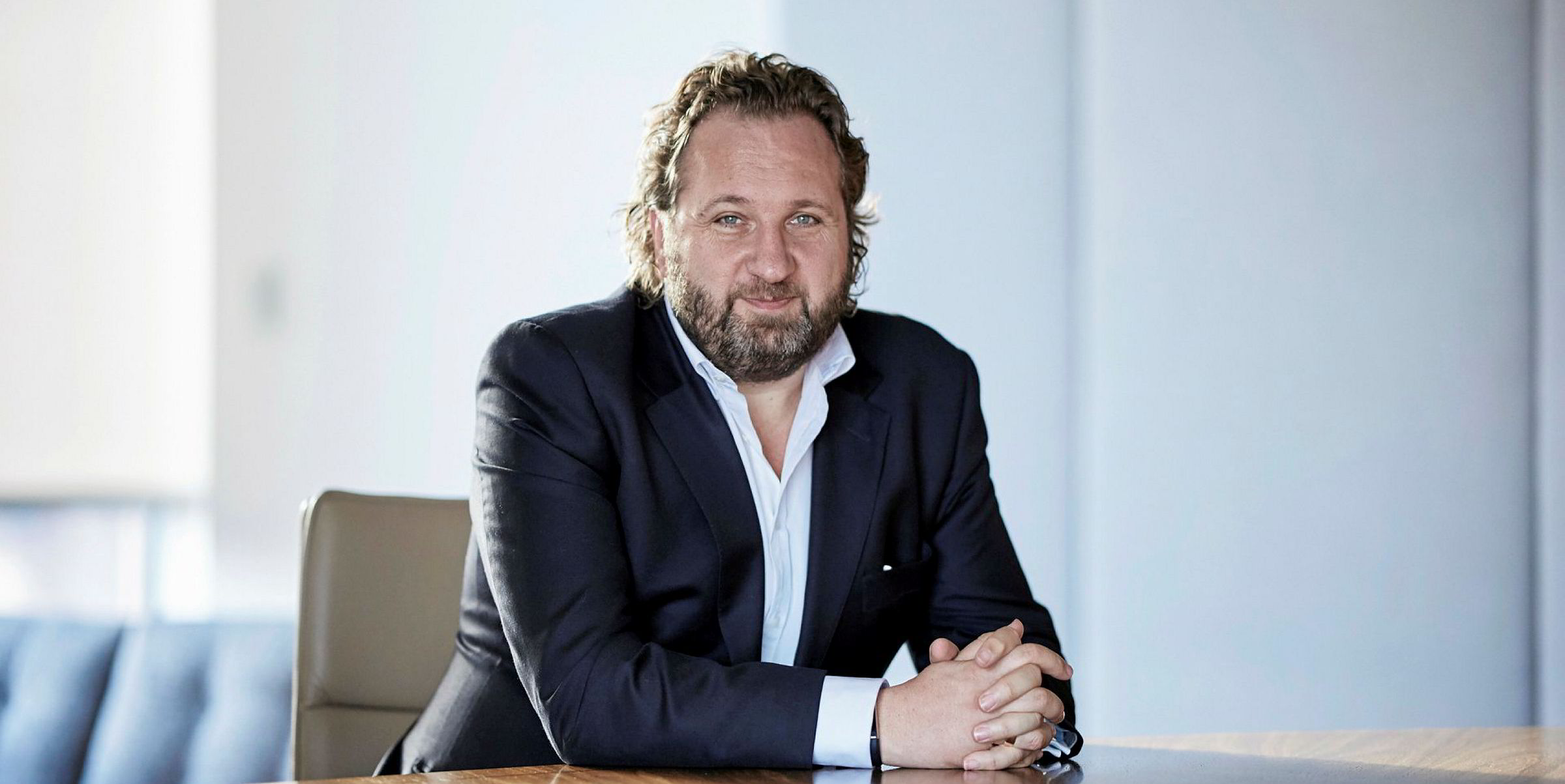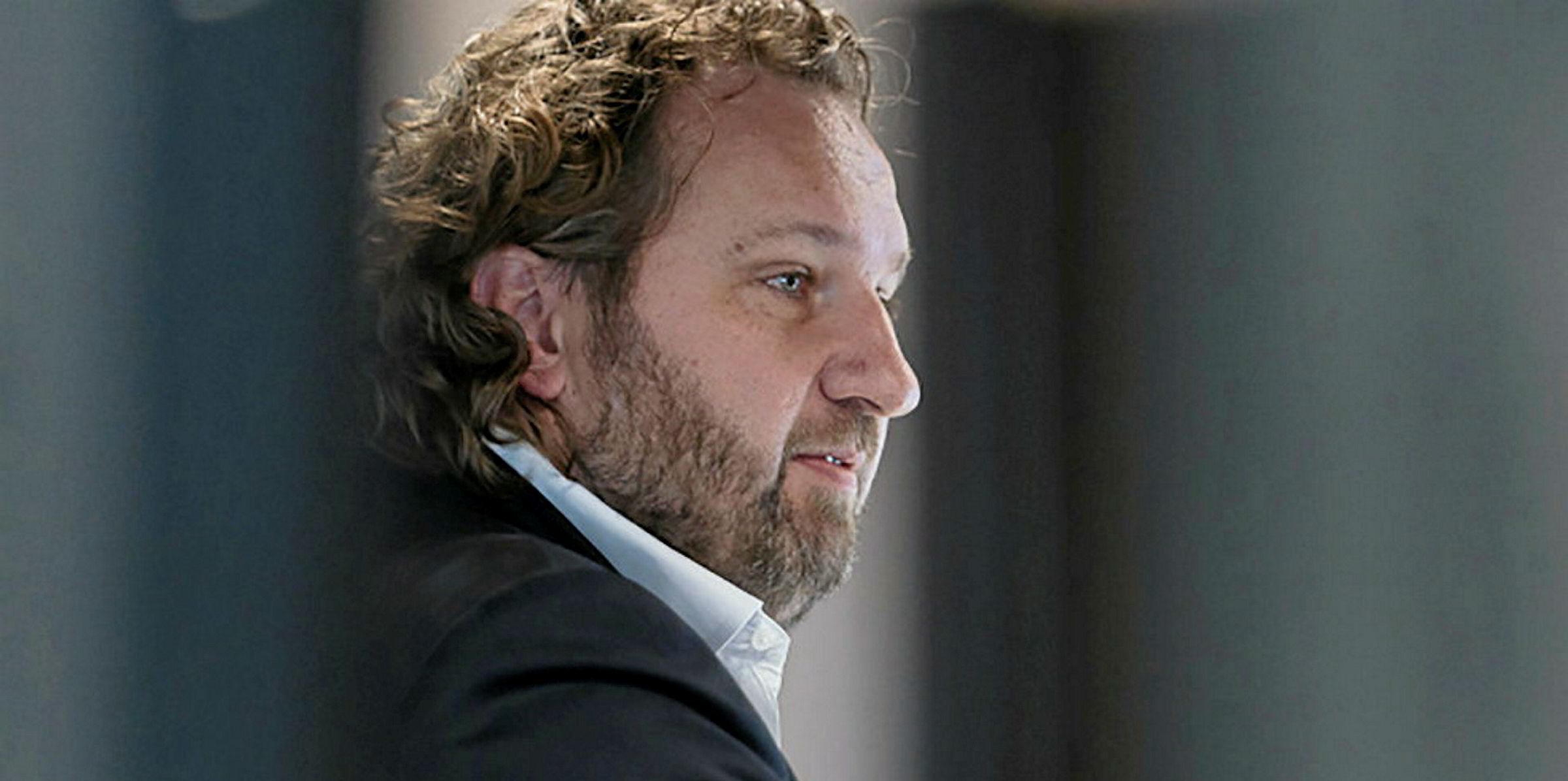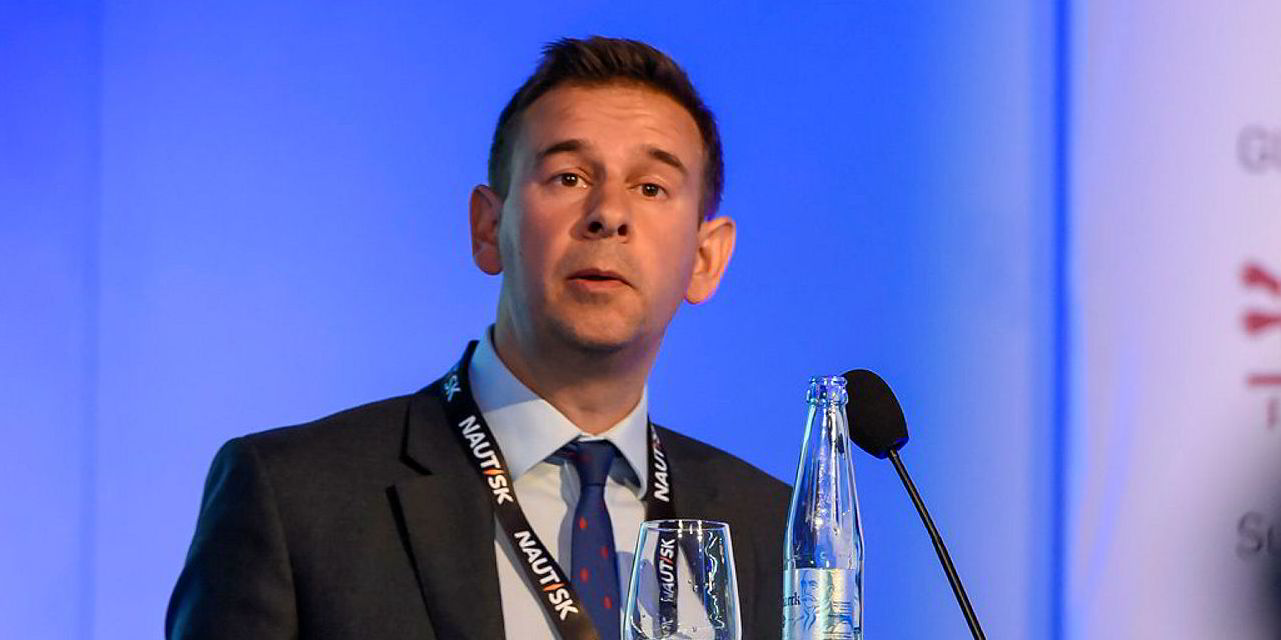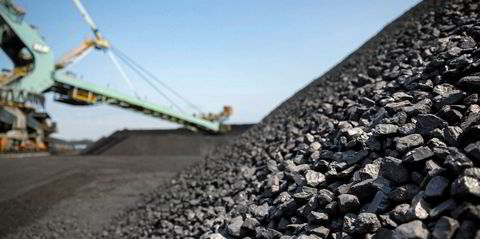Shipping stocks are massively undervalued globally at a time that freight markets are continuing a recalibration despite short-term headwinds, Andi Case says.
A dam disaster in Brazil has accentuated a seasonal downswing in the dry cargo market this year, while shipping equities were caught in a wider market sell-off in the final quarter of 2018 as US President Donald Trump’s trade war with China spooked investors.
Clarksons chief executive Case says the “short-term buffeting” experienced of late has not changed his fundamental view that shipping markets are recovering. Key regulatory changes arriving in 2020 are expected to provide a further catalyst for rates.
“As a broker, as a banker, we need to have a view,” Case tells TradeWinds. “I think we probably analyse the markets in a more granular detail than anyone else on the planet.
“One of the factors I think stands out a mile today is the mass, massive misvaluation of shipping companies in the capital markets.
"When you look at where the whole sector is trading to NAV [net asset value], these shipping companies are extremely cheap in their valuation.
“I think there is definitely, to my mind, real value in a lot of those stocks in that environment today.”
Shipping stocks struggle to shine
The pressure on stocks has been so strong that of the more than 30 shipping companies covered by Pareto Securities, only John Fredriksen’s Frontline was trading above NAV last week.
It attributed the situation to sharp spot rate declines across all but the tanker market into a seasonally slow period.
Longer term, the median shipping stock fell 32% in 2018, according to Clarksons Platou Securities, with only the crude tanker shares gaining ground.
It continued a downward trend stretching back half a decade, with 2013 the last year in which shipping equities gained as a peer group.
Case believes there is something fundamentally wrong for the whole shipping sector to be trading at a significant discount to NAV, as it is today, at a time a long-running recovery continues to unfold.
“We are very optimistic on the demand-supply pieces,” Case says. “We are very optimistic on the outlook. We have been stating that.
“You are soon to be entering the decision and execution time for vessels to be retrofitted with scrubbers. That’s 2019 and then 2020 you have got the roll-out of the whole IMO regulations.
“For me, that is all rate positive and I’d be surprised not to see a positive rate environment going through those scenarios. So, again, looking at the valuation of the businesses, I think there is huge value in that situation.”
Hitting the mark
His comments came in the week after Clarksons reported a slight drop in its annual performance with pre-tax profit of £42.9m ($56.9m at today’s rate) down from £45.4m in the previous year.
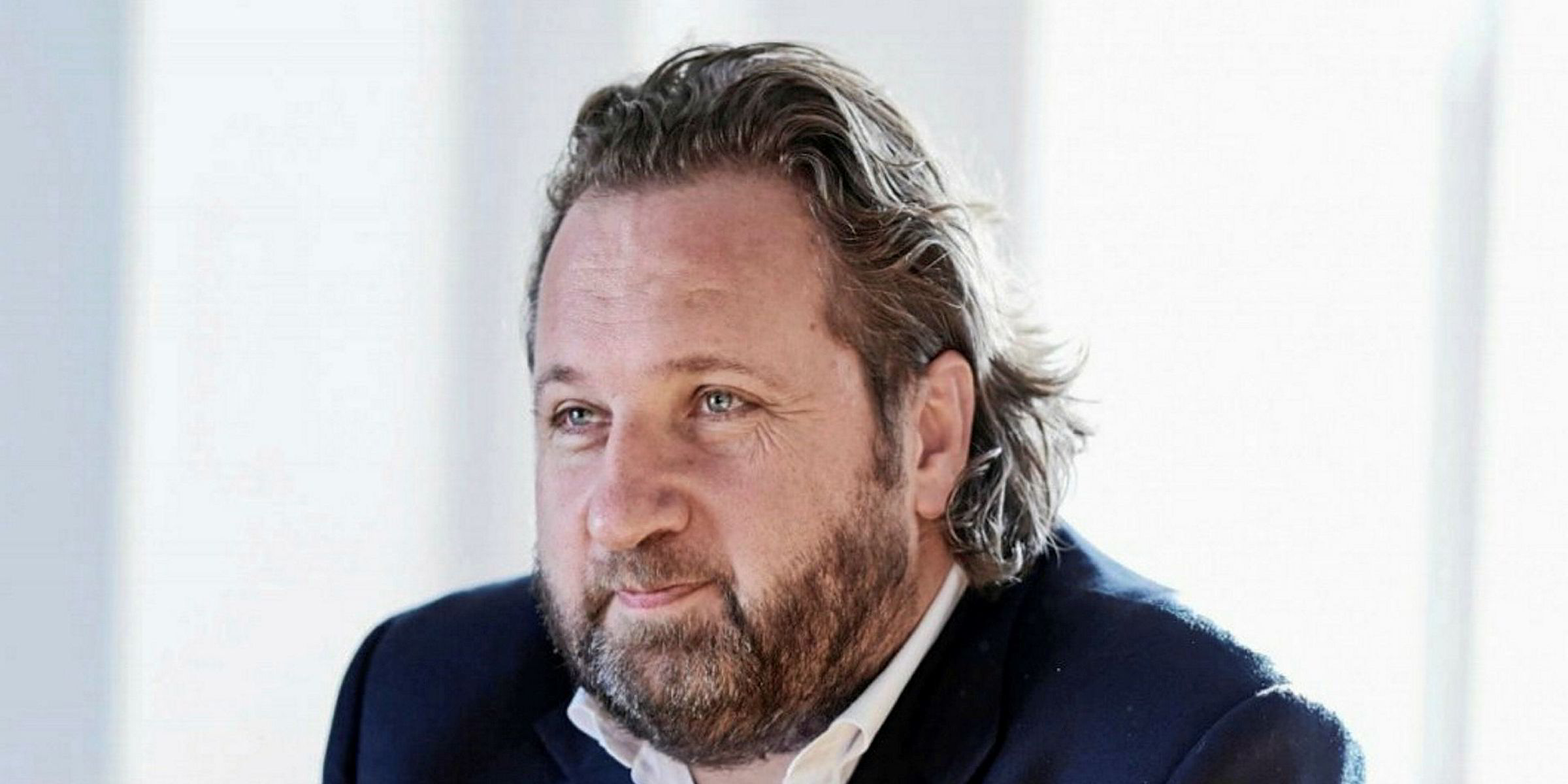
The dip stemmed from a slow first quarter, after which Case says Clarksons’ performance was “very strong” and “hit all the marks”.
“For me, as brokers and bankers all you can do is execute when the market is in play,” he says. “Once again, the company proved that across the board.”
Clarksons — a FTSE 250-listed company — has not been immune to the wider stock market turbulence. Its stock hit a 52-week low of £18.34 in December amid the global turmoil, before recovering to above £26 each this month.
Subplots in recovery story
Case was surprised by the further volatility seen in the past week, given Clarksons’ results were in line with City of London expectations.
But he noted the share price had responded quite well after the post-results roadshow, trading at £25.25 each at the time of writing this week.
“We have a belief of where the market is going,” Case says, when he was asked about his message to investors.
“I believe the markets are recalibrating. Demand and seaborne trade continue to grow year on year and yet the cost of building ships is going up year on year and supply is reducing.
"The number of shipyards closing year on year is increasing. So, this is now a 10-year run where we have seen systematic supply closures in terms of the number of shipyards in existence.
“This is the bigger picture. Obviously, within that there are some subplots and X-Factor stories that also play into the immediacy of earnings and the immediacy of the markets. Whether that be Vale, or sanctions on Venezuela or Iran, each of those elements have a trade flow impact.”
Elephants in the book
Clarksons’ shipbroking division booked an underlying profit of £44m in 2018, against the £43.9m seen in 2017, while its forward orderbook is up from $93m to $107m year-on-year.
Its 2018 business included the sale of the 27-ship Toisa fleet following the company’s Chapter 11 filing, while the broker oversaw a similar situation in 2017 when tackling the sale of the Hanjin Shipping fleet.
The finance division logged a profit of £8m, down from £10.1m in 2017 due to the difficulties in the capital markets. However, Clarksons Platou Securities had a strong second half, which saw $1.3bn in equity and $1.1bn in debt raised.
It was also involved in major consolidation deals, including Star Bulk Carriers’ takeover of Songa Bulk and Transocean’s swoop for Songa Offshore.
Case says the company was not specifically seeking big-ticket deals to replicate those seen in the past year.
“To be honest, we don’t just sit there at the start of the year and say ‘where are we going to find some elephants?’," he said.
“We deal every day on a day-by-day basis and we look to execute whenever possible. That is in any market, in any geographical region, our teams are very busy giving the advice possible to execute.
“Fortunately, over the last 10 years I have been here, they have been delivering that and in increasing volumes every year for 10, which we are very proud of.
"It’s not always about a signature deal here, or a signature deal there, it’s about building the book, full stop.”
In the past year, Clarksons has continued to grow, setting up a convertible bond desk with six people in Oslo, New York, Frankfurt and Calgary, and launched its first opportunistic real-estate fund in the fourth quarter of 2018, raising NOK 500m in committed equity in less than a week. It also returned to the wet forward freight agreement market last year.
“We are looking to constantly move forward,” Case says. “We are investing hard in analyst teams, we are investing hard in technology and giving brokers and bankers at Clarksons the best information platforms for them to be most impactful in the market.
“We have been hiring a number of people across the business and we are seeking to hire people now. We are always interested in hiring talent. We are looking across the business. We are looking to hire people into every division.”
